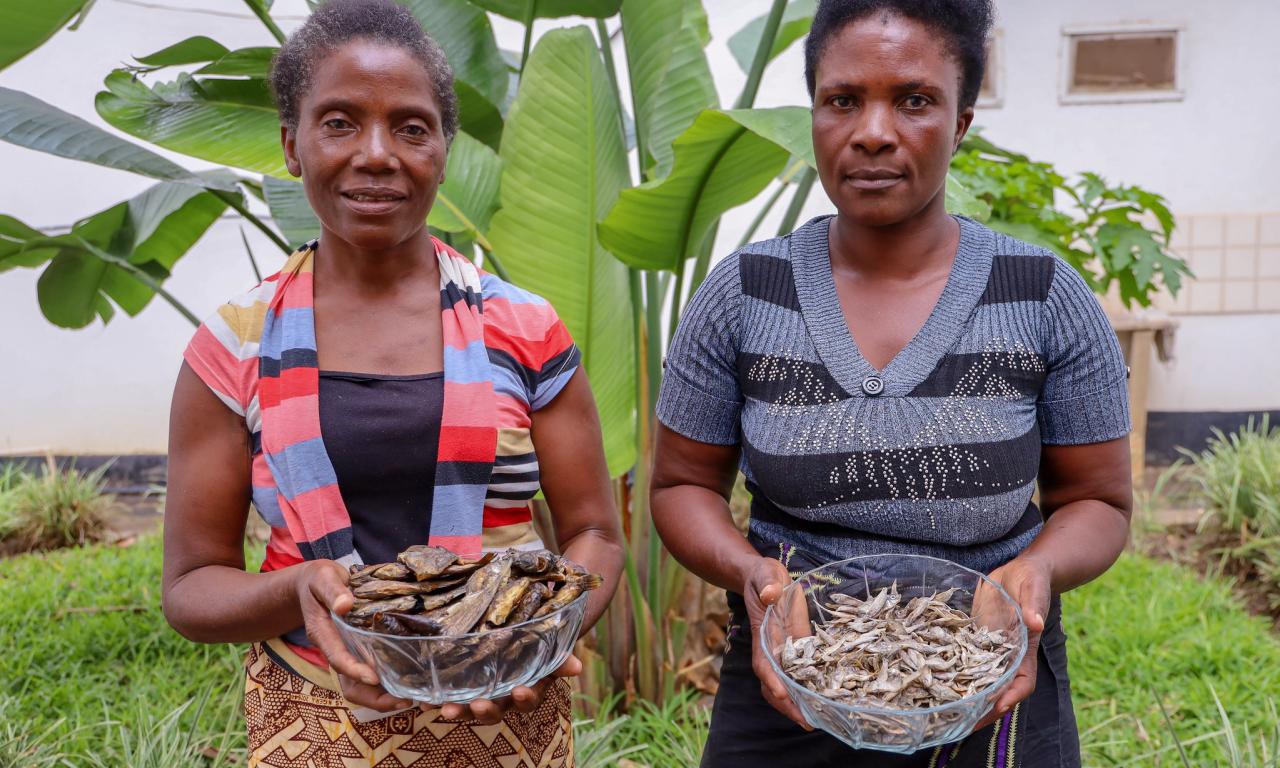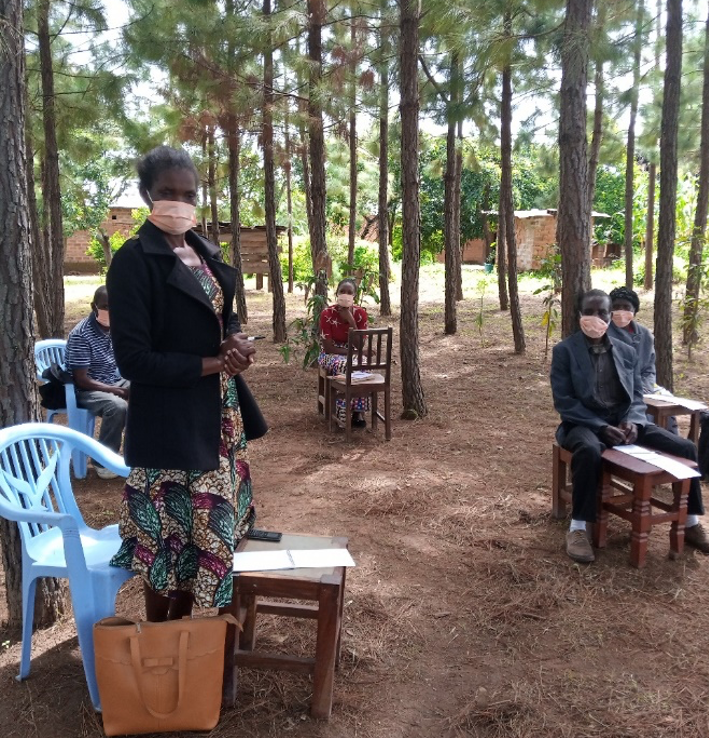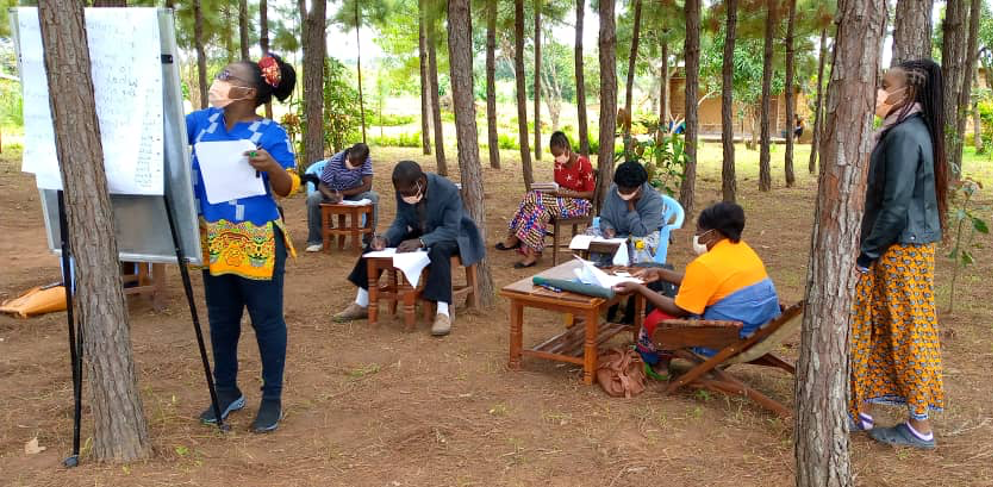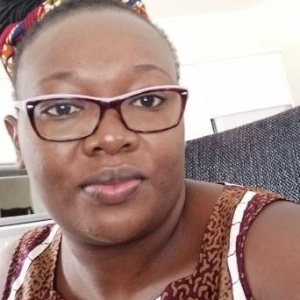
To better incorporate women in fish farming activities, a series of aquaculture training seminars were conducted by WorldFish in Zambia to foster gender-integrated business strategies.
In Zambia, rural women play a vital role in aquaculture and related value chains, but their contributions often go unrecognized. Fish farming is often perceived as “men’s work,” leaving women to participate more in informal activities like fish processing and trading.
This harmful assumption is holding back the potential of the sector to be a key source of income and food and nutrition security. By promoting the full engagement of women in fish farming, we will not only make gains toward gender equality but also improve aquaculture’s productivity.
To better incorporate women in fish farming activities, a series of aquaculture training seminars were conducted by WorldFish in Zambia to foster gender-integrated business strategies. This approach seeks to consider gender in all stages of development and assess the implications of any planned action on gender equity. It also includes working with men to raise awareness of the crucial role of women in fish farming. The seminar’s participants were mainly farmers and agricultural dealers, who supply fish feed and juvenile fish fingerlings to smallholder farms in remote northern areas.
The selected trainees were recruited under the GIZ-funded Piloting Inclusive Business and Entrepreneurial Models for Smallholder Fish Farmers. The project aims to develop pro-poor, gender-inclusive business models that improve access to materials and extension services for smallholder fish farmers and vulnerable value chain actors.

By increasing women’s access to training and resources, the initiative helps rural women adopt fish farming as an income-generating activity. It also works to identify and overcome other major constraints that limit women’s participation, mostly cultural norms and a lack of land ownership.
A majority of the participants identified the greatest challenge to women’s inclusion as limited land ownership—women neither own the fish ponds nor the land. It is difficult for them to engage in fish farming unless they work with their husbands, or form a cooperative and request land from the government.
“It is easier to work with your husband and agree on how to run the fish farming business. The problem comes when your husband dies, and your in-laws assume control and ownership of the land,” said Violet Nangoma from Kawimbe, a fish farmer and manager of Nangoma Enterprise, a family-owned hatchery business.
The training seminars focused on the role of men in fostering gender-transformative approaches, as opposed to placing the burden solely on women, to create opportunities for individuals to actively challenge gender norms and address power inequities. Researchers sought to identify and co-create strategies with participants to more meaningfully engage disenfranchised women and youth in fish farming, providing them access to productive resources and financial benefits.
Encouraging women’s participation

The WorldFish seminars consisted of small groups of four to seven participants in five villages to ensure compliance with COVID-19 regulations. A total of 27 small-scale businesses and farms participated in the training.
Aqua-business participants said they were already working to target women and youth groups by providing fish feed and fish fingerlings at discounted rates, hoping to expand their clientele and increase profits. To encourage women to purchase high-quality inputs, the dealers used multiple promotional strategies, offering credit advances, trial packs and post-sale services that include on-site farm training.
“In our cooperative, we sell fingerlings to women farmers on credit. We then train them on best management practices and conduct periodic farm visits. During harvesting, they sell the fish to us, and we recover our loans from the sales,” said a representative of the Kasakalabwe Cooperative, which operates a catfish hatchery.
To reverse harmful gender stereotypes, participants identified women fish ambassadors and suggested future initiatives to increase their representation. Women reported learning by the example of other women fish farmers in their community.
“As I engage in aquaculture by selling fish feed, I believe I will inspire women in the community to view business in aquaculture as an enterprise that can bring financial independence,” said Mfune Mwendalubi of Sakuz Fish Center, the only fish feed dealer in Mporokoso District, which was supported with a co-financing grant under the GIZ-funded project.
The participants also noted the need to meaningfully engage women in family businesses, allowing them to co-manage the operations and finances. The majority of participants felt that in so doing, there would be reduced cases of gender-based violence and conflicts arising from use of business profits. Women’s agency and decision-making capabilities tend to grow once they contribute to household income.
Changing gender-based perception in farming at an early age is also critical to transform the rooted cultural norms and perceptions of women in fish farming.
“We engage both our young sons and daughters in fish farming activities. I believe as they grow up, they will know that fish farming is a business activity that can also be undertaken by women,” said participant George Mwila, co-founder and manager of Gone Fishing enterprise.
“We jointly plan how to spend the income from our businesses, but we first prioritize the needs of our children,” added Flavour Mpundu, Mwila’s spouse and the financial manager of Gone Fishing.
